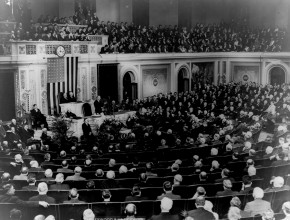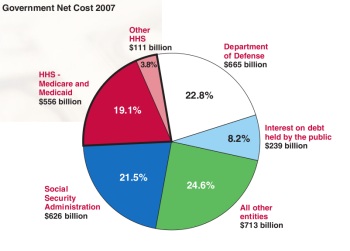Have you ever been disappointed with how flat your homemade rootbeer or soda is? After spending an hour watching rootbeer and dry ice bubble in a cooler you would expect something fizzy, sadly the concoction never lives up to expectations.
In order have carbonation strong enough to spray soda everywhere you need three things:
- Cold temperatures
- CO2
- High pressure
The drink cooler plus dry ice method provides both CO2 and cold temperatures but is missing the crucial third ingredient, high pressure, and therefore makes flat soda.
Commercially, high pressure CO2 is provided by a CO2 tank and regulator setup as seen here. Unfortunately the equipment is somewhat expensive.
Another method of obtaining pressurized CO2 is yeast, sugar, and a sealed bottle. The drawback to this method is it takes 3-4 days.
Finally, and this is the extra fizzy quick cheap method, using a safety valve, sealed bottle, and dry ice. Now you probably know that a tightly sealed bottle and dry ice combine to make a powerful dry ice bomb. This is due to the dry ice building enormous CO2 pressure until the bottle ruptures. To harness this high pressure CO2 without creating an explosion, a soda bottle is fitted with a pressure relief valve.
The pressure now rises until it reaches the set point of the relief valve. The valve then continuously and safely vents the excess CO2, always keeping the bottle at the perfect carbonating pressure. This results in deliciously fizzy carbonated beverages in about ten minutes.
Here is a recipe I tried:
- 1 cup white sugar
- 10 cups cold water
- 1/4 (2 ounce) bottle root beer extract
Mix well, pour into carbonator bottle, add several chunks of dry ice, screw cap on tightly, allow 10 minutes to carbonate then enjoy.
This is how I attached the safety valve to the bottle cap:
The valve and locknut can be ordered from mcmaster.com:
- $5.26 48435K71 Extend-Life ASME Pop-Safety Valve W/Test Ring Brass, Medium Flow, 1/8 NPT Male, 60 PSI
- $1.67 50785K141 Med-Pressure Brass Threaded Pipe Fitting 1/8 Pipe Size, Locknut
Be aware that carbonated water (carbonic acid) can corrode the brass valve. Keep soda off of your safety valve and store soda capped with a regular cap.















